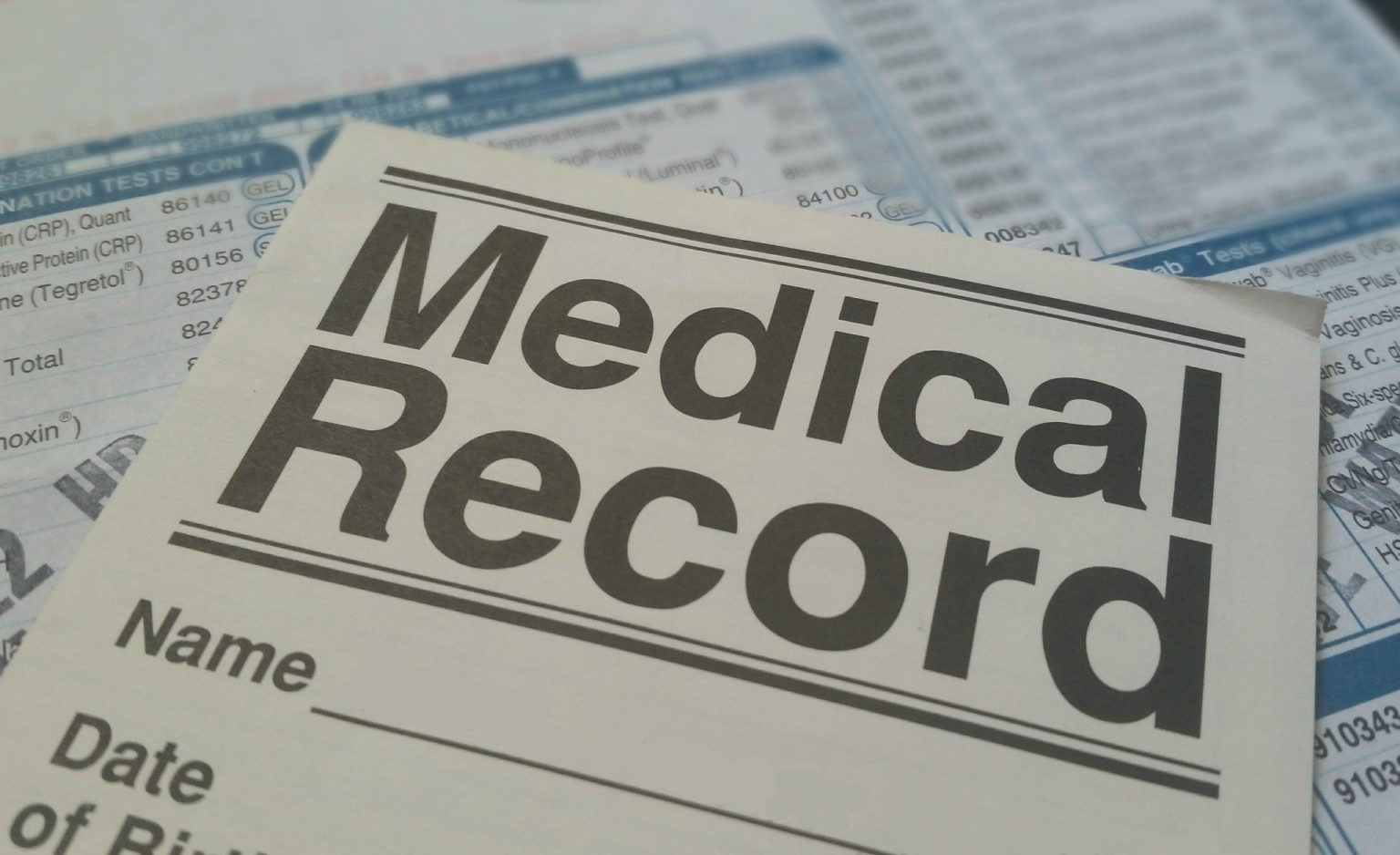Do you really know your own medical history?
I know you think I can’t be seriously asking that question because of course, you do … right?
Personal injury cases involve past and present medical records
Have you ever really inspected a diamond? What gives it that magical sparkle is all of the individual facets. Each one is cut just right. When combined with all of the other facets, the stone really shines.
A personal injury case is just like that, too. Every facet of your case needs management, and most times, there are facets you have no idea even exist.
There is the easy stuff: the facets able to shine brightly with nothing more than the right management from your attorney, like knowing how your insurance carrier should be handling your bills, staying on top of the medical treatment you receive as a result of a crash or other injury-causing event, protecting subrogation interests, keeping track of lost wages, etc.
But it is the hard stuff that prevents your diamond from sparkling as brilliantly as it could. For purposes of this blog, I’m talking about your past medical records.

Medical history needs to be accurate
We cannot help what lives in our pasts. Maybe we have been in three prior car crashes, none of which were our fault. It’s possible there was an appendix surgery that resulted in an infection. Maybe we have been to the ER 48 times in the past six years.
Past medical treatment contributes largely to how your injury claim is evaluated, but the worst part is that your past medical records are probably wrong. An incomplete or incorrect medical history creates a significant problem.
Over the years, I have had to deal with this issue more times than I can count. It puts a major twist on my ability to successfully manage your case.
Sadly, the general public opinion seems to be that if one is involved in a crash, he is automatically entitled to magical “but it’s not fair” money. I get it, I do. It is NOT fair. But “not fair” isn’t a legal standard with which I must comply, and it is not an argument that gets results.
What gets results is showing negligence, showing that the negligence caused the injury, and producing the details of that injury, including the vast impacts it will have on your future. This is where your past medical records can come back to bite you.
Documentation can be used to refute the cause of your injury
The defendant (using an attorney paid for by his insurance company) intends to establish that even though the crash wasn’t your fault, it doesn’t matter, because the crash didn’t actually cause your injury.
“Poppycock! Of course it did!” you say.
Well, guess what? The defendant gets to scour your medical records, generally for a period of 10 years prior to your crash, sometimes longer. They will look for each and every inconsistency. They will examine any prior injury or complaint that could in any way be even slightly related to the injuries about which you currently complain.
Sadly, during this mining expedition, it is unbelieveable what a defense attorney will come up with: notes you never knew existed, saying things you never said to your doctor. I’m not saying it is intentional, but it is amazing what happens when you go to your doctor and describe your ailment.
How one detail can alter your permanent medical history
Ever played a game of telephone? You know, the one where you whisper a phrase into someone’s ear? They then whisper it to someone else, and so on? By the time the last person speaks the phrase it has been mangled so badly it doesn’t even make sense.
Apply the same concept to a medical visit. Let’s say you go to your doctor and report “I was working in the garden and twisted my wrist.” Imagine then the person completing your intake makes a simple, even reasonable, assumption. Voila – your official medical record says “patient FELL while working in the garden and twisted her wrist.”
It isn’t the truth, but when you testify under oath at your deposition that you have never been injured as a result of a fall, that false record is there, a blemish in your otherwise carefully faceted diamond. This can happen anywhere – hospitals, primary care physicians, chiropractors, physical therapists, the list goes on.
Exercise control over your medical records
My advice is to ask to see the record each and every time you visit a medical provider. And no, I’m not talking about the handwritten notes or intake forms. I’m talking about the report which will become an official part of your record. It’s worth a look.
It’s time we take ownership of our histories, our personal data. In the words of a largely unknown Barbadian vocalist, “Shine bright like a diamond!”